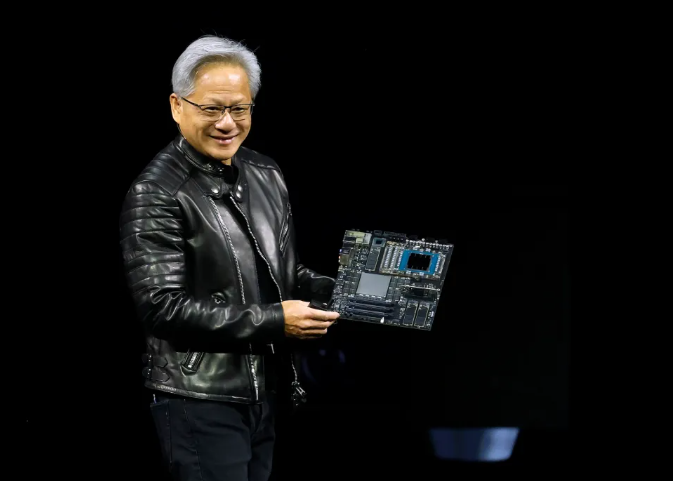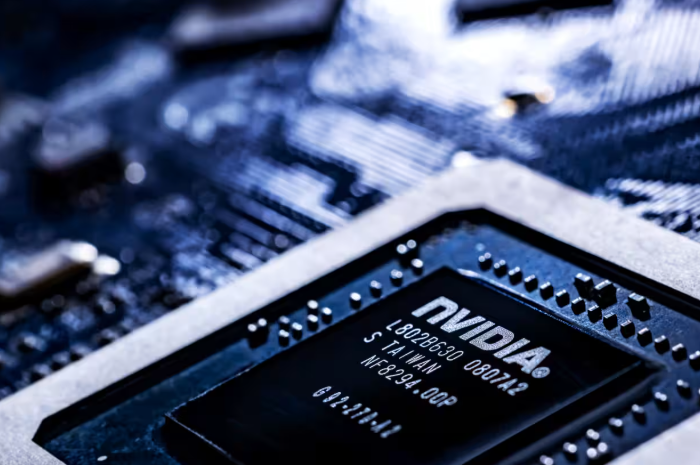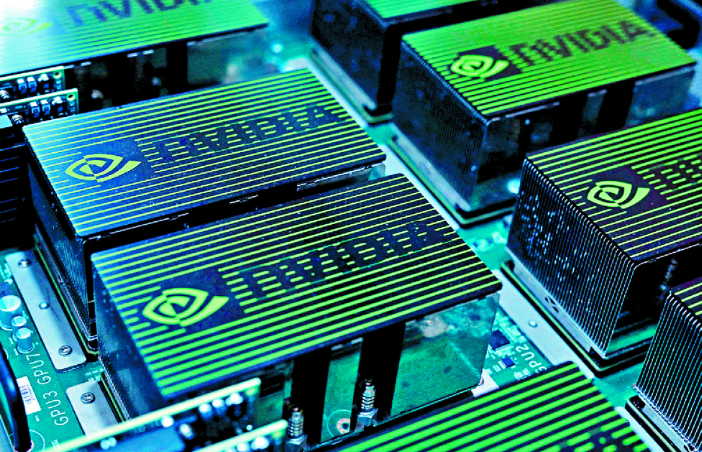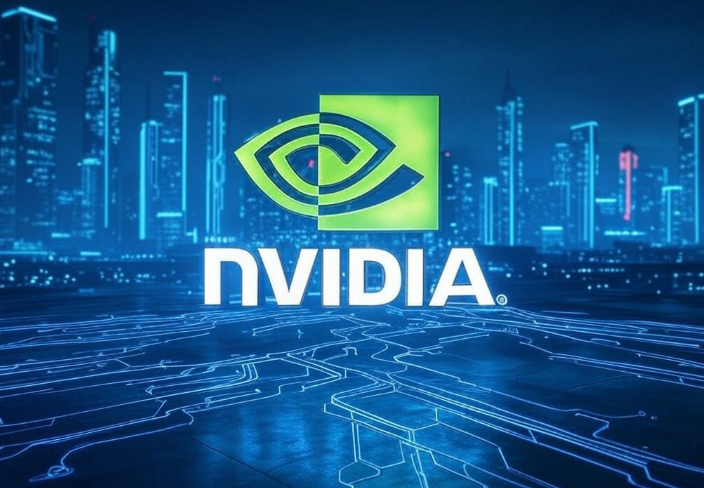Nvidia H20 chip, US export restrictions, AI chip ban, Nvidia China market, AI chip regulations, Nvidia H20 license, US-China tech war.
What Happened?

The United States government has placed new export restrictions on Nvidia’s H20 chip, a powerful AI processor designed mainly for the Chinese market. As of April 2025, companies must now apply for a special license to export this chip to China and some other countries. This move is part of the ongoing tech battle between the US and China.
What Is the Nvidia H20 Chip?

The Nvidia H20 is a high-performance AI chip created for use in data centers, machine learning, and artificial intelligence applications. It was launched as a modified version of Nvidia’s advanced chips to comply with earlier US export rules while still serving Chinese customers.
The chip is part of Nvidia’s Hopper series, which also includes the H100 and H800 GPUs. These are widely used in training large AI models like ChatGPT and for other advanced computing tasks.
Why Did the US Government Take This Step?
The US is trying to slow down China’s progress in AI and supercomputing for national security reasons. According to US officials, advanced chips like the H20 can be used for military purposes or to support surveillance systems.
The US had already banned the export of Nvidia’s A100 and H100 chips to China in 2022. Nvidia responded by creating less powerful versions like the H800 and H20. However, the US government now says even these weakened versions are too advanced.
What Does This Mean for Nvidia?
This new rule may hurt Nvidia’s business in China, which has been a major market for its products. Nvidia has warned investors that further restrictions could reduce its sales and profits in the region.
The company might have to redesign its chips again or look for new international markets. It also increases the pressure on Nvidia to diversify its customer base beyond China.
Impact on the Global AI Industry
These restrictions could slow down AI development in China, especially in areas like cloud computing, autonomous vehicles, and generative AI. Chinese companies may turn to local chipmakers like Huawei or seek partnerships in countries not affected by US controls.
On the other hand, it could also accelerate China’s efforts to become self-reliant in semiconductor production.
Conclusion
The US government’s decision to add license requirements for Nvidia H20 chip exports marks another big step in the tech rivalry between the US and China. It highlights how AI technology has become a key battleground for global power. Nvidia, while still a leader in AI hardware, now faces tough choices on how to navigate these growing regulatory challenges.

FAQs
Q: What is the Nvidia H20 chip used for?
A: It’s used for AI tasks, including training models, running large-scale data centers, and deep learning.
Q: Why is the US banning exports of Nvidia’s H20 chip?
A: For national security reasons, to prevent advanced AI chips from being used in military or surveillance applications by rival countries.
Q: Will Nvidia stop selling chips to China?
A: Not necessarily. But they will now need a license to export H20 chips, and future sales may be affected.


